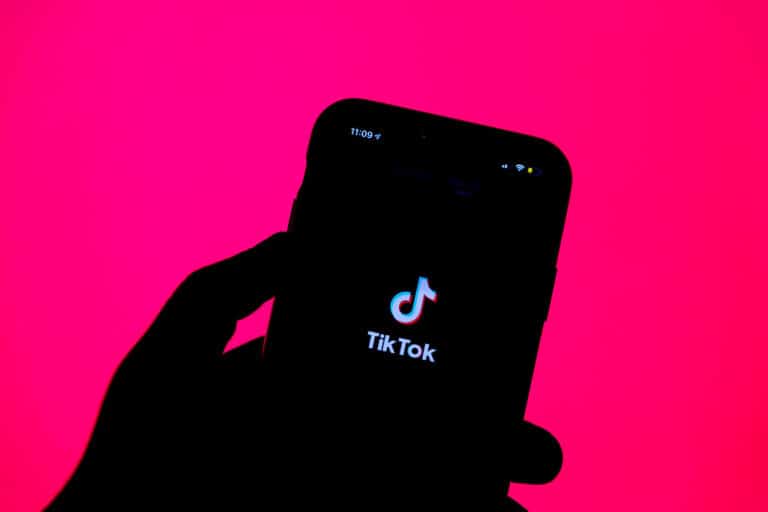WhatsApp users in Europe can now send messages to people using other messaging apps thanks to new EU rules. The Digital Markets Act requires WhatsApp to work with third-party messaging services, opening up communication between different platforms for the first time.
Users must opt into this feature and will see third-party messages in a separate inbox section at the top of WhatsApp. The feature uses Signal protocol encryption to keep messages secure during transmission. However, WhatsApp cannot guarantee the same privacy protection once messages reach third-party apps since they don’t control those platforms.
This change affects millions of WhatsApp users across the European Union. Third-party messaging providers must meet specific technical and security requirements before they can connect with WhatsApp. The rollout may take time as companies work together to make their systems compatible.
WhatsApp Third-Party Chat Interoperability: A Guide
WhatsApp is evolving to support third-party chat interoperability, allowing users to send and receive messages between WhatsApp and other messaging apps. This feature is part of Meta’s efforts to comply with new regulations in the European Union and improve cross-platform communication.
What Is Third-Party Chat Interoperability?
Third-party chat interoperability means WhatsApp users can communicate seamlessly with users on other messaging platforms (like Telegram, Signal, or others) without switching apps. Messages, calls, and chat features will work across these platforms while maintaining end-to-end encryption.
Why Is WhatsApp Introducing This?
- Regulatory Compliance: The EU’s Digital Markets Act (DMA) requires large messaging platforms to allow interoperability with smaller apps.
- User Convenience: Enables users to connect with friends and family regardless of the messaging app they use.
- Enhanced Messaging Features: Supports “rich messaging” features such as reactions, typing indicators, read receipts, and direct replies across platforms.
How Will It Work?
- WhatsApp will open APIs that third-party apps can integrate with.
- Users in the EU will be able to send messages, make calls, and receive notifications from third-party apps directly within WhatsApp.
- Messages remain end-to-end encrypted to ensure privacy and security.
- Third-party apps will have to comply with Meta’s interoperability standards and privacy requirements.
What Features Will Be Supported?
- Text messages
- Voice and video calls
- Group chats
- Reactions and emojis
- Typing indicators
- Read receipts
- Media sharing (photos, videos, files)
Who Can Use This Feature?
- Initially, this interoperability will be available to EU-based users.
- Third-party messaging apps will need to implement Meta’s interoperability APIs.
- Over time, the feature may expand to other regions and apps.
How to Get Started?
- Ensure your WhatsApp app is updated to the latest version.
- Look out for new settings or prompts about connecting third-party chat services.
- Use compatible third-party apps that support interoperability with WhatsApp.
- Follow instructions within WhatsApp or the third-party app to link accounts or enable cross-app messaging.
Privacy and Security Considerations
- End-to-end encryption remains intact, meaning only you and the recipient can read messages.
- Meta and third-party apps must adhere to strict privacy and data protection rules.
- Users have control over which apps they connect and can revoke permissions anytime.
Summary
WhatsApp’s third-party chat interoperability will revolutionize messaging by breaking down app barriers, starting with EU users. This feature ensures seamless, secure communication across multiple platforms without losing WhatsApp’s privacy protections.
For more details on Meta’s interoperability plans, see the official Meta Messaging Interoperability page
Key Takeaways
- WhatsApp now supports messaging with third-party apps in the EU due to new Digital Markets Act requirements
- Users must manually enable the feature and will see third-party chats in a separate inbox section
- Messages use Signal protocol encryption but WhatsApp cannot guarantee privacy once they reach other platforms
Frequently Asked Questions
WhatsApp’s third-party chat feature lets EU users message people on other apps through special settings. The feature raises questions about security, privacy, and how messages work between different platforms.
How can third-party applications interact with WhatsApp messages?
Third-party apps connect to WhatsApp through an official interoperability system. The connection works only for EU users who turn on the feature in Settings > Account > Third-Party Chats.
Users receive messages from other apps directly in a separate section. WhatsApp cannot read these messages because they stay encrypted. The third-party app handles the message processing on its end.
The system uses authentication tokens to verify connections. Both apps must support the same encryption protocol to work together.
Is there an available API for integrating WhatsApp messaging with other services?
WhatsApp does not offer a public API for general third-party integration. The interoperability feature works through a specific system required by EU law.
Only approved messaging services can connect to WhatsApp. These apps must meet security requirements and use compatible encryption methods.
The integration happens at the platform level, not through individual developer access. Companies must work directly with WhatsApp to enable the connection.
What are the privacy implications of using third-party services with WhatsApp?
WhatsApp collects specific data when users message through third-party apps. This includes usernames, timestamps, device information, and IP addresses for location estimates.
The company shares this information with Meta and may provide it to authorities when legally required. Third-party apps handle messages using their own privacy policies.
Users can block contacts and report problems through the same tools. WhatsApp keeps the data as long as needed for service operation or legal requirements.
How does cross-platform messaging between WhatsApp and Telegram work?
Cross-platform messaging requires both apps to support WhatsApp’s interoperability system. Telegram has announced plans but implementation depends on technical compatibility.
Messages appear in a separate section within WhatsApp. Users see the sender’s username from the other platform instead of a phone number.
The feature works one-way initially, meaning third-party users can message WhatsApp users. Full two-way communication depends on each platform’s development choices.
Can the interoperability of WhatsApp chats with other platforms compromise security?
WhatsApp maintains end-to-end encryption for interoperable messages using the Signal protocol. The company implements security measures to protect the main WhatsApp system.
Third-party apps may use different security standards for their own systems. Users face potential risks from spam and unwanted contact requests.
The feature stays optional to limit security exposure. Users must manually enable it and can turn it off anytime through settings.
Are there any officially supported methods for syncing WhatsApp messages across different messaging platforms?
WhatsApp does not support message syncing between platforms. The interoperability feature only enables new conversations, not message history transfer.
Users cannot move existing WhatsApp chats to other apps through official methods. Each conversation stays within its original platform.
The system creates new message threads when third-party users contact WhatsApp accounts. Previous messages remain separate and cannot merge between services.







